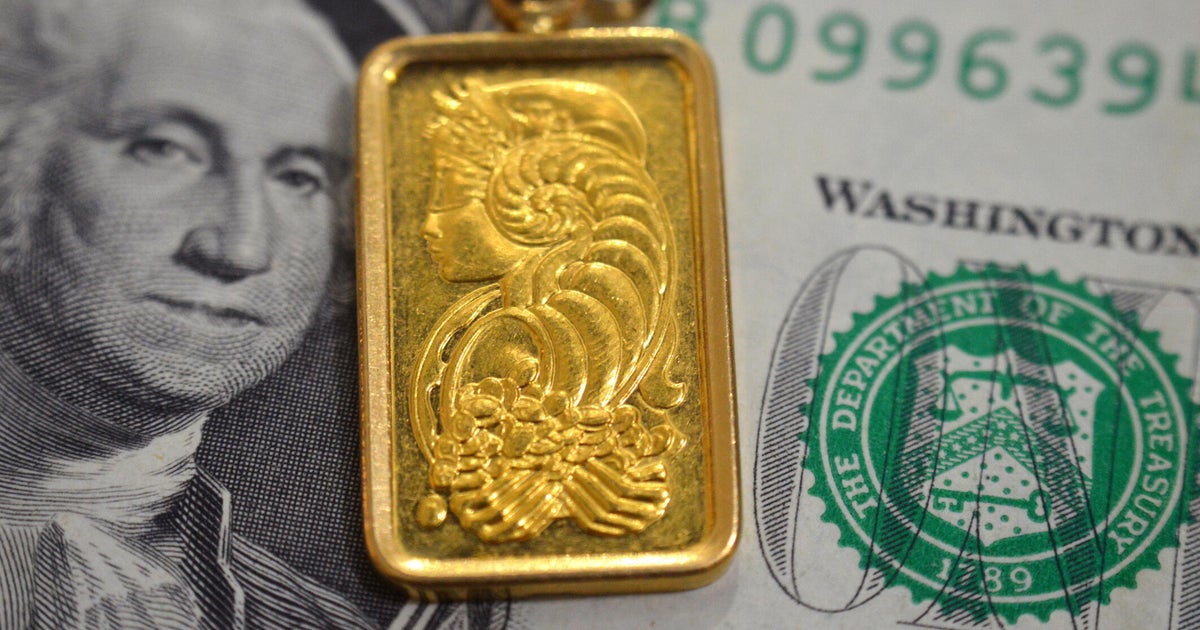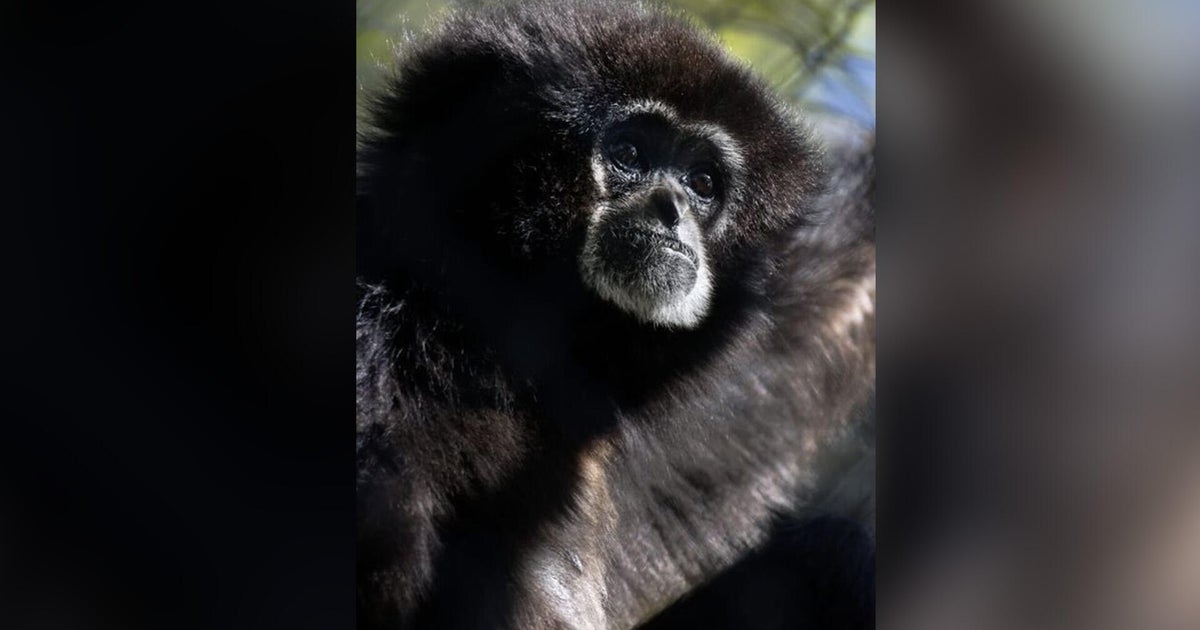What happens to your digital bitcoins if you die?
What happens to your digital assets when you die? There's no single answer to that question. Digital assets cover a wide range of items, from Facebook and LinkedIn accounts to online bank accounts -- and cryptocurrencies like bitcoin.
Bitcoin offers a unique challenge upon death. Since bitcoins only exist in virtual form and are encrypted by their very nature, they are extremely secure. Each bitcoin owner has a private password, or key, that allows secure access to the bitcoins stored in their digital wallet. Unfortunately, there is no method of retrieving this private key for a potential heir because there is no central authority that tracks the private keys.
If you pass away without leaving anyone the private key, your bitcoins effectively become inaccessible to anyone. Similarly, if you leave your private key behind without a clear explanation of what it is and how to use it, your bitcoins are likely to stay lost. It's similar to a key to a safety deposit box without any indicator of where the box is located -- except that a bank will eventually clear out a safety deposit box to reclaim the space.
Nobody would ever "clear out" old bitcoins to retain space if they could, because there's no incentive to do so. The genius of bitcoin is that the algorithm that creates them inherently limits the supply -- so when bitcoins are lost, the remaining supply in circulation become a bit more valuable through scarcity.
How do you make sure that your bitcoins are properly passed on? The simplest way is to make sure that your heirs are aware of your bitcoin account and that you either trust them with the private key now, or store the private key in a suitably secure location such as a safety deposit box. You can store the key on a flash drive or use a good old-fashioned piece of paper.
If you are too concerned about security to trust the above method -- and given a significant investment in a cryptocurrency, there's a decent chance that you are -- you have a few alternate methods at your disposal to ensure that your heirs can access theirbBitcoin inheritance.
You can use bitcoin as the vehicle, by setting up a "time-locked" transition that will take place a certain number of years in the future. Assuming your heirs still have the corresponding receiver address to accept the transaction, they will receive the funds on that future date. That's a risky method, since the transaction will take place whether or not you are dead by the scheduled transaction date.
Third parties like Coinbase offer a more traditional alternative: a "vault" that is in essence a physical safety deposit box for your private key. Coinbase offers joint accounts, allowing your heirs a smooth transition and rapid access to the inherited bitcoins.
Whatever method you choose, make sure that you have a clear set of estate plans, whether it's a simple will or the establishment of a trust. By making your wishes known, you avoid probate – which is a difficult enough process even without cryptocurrency. A savvy (and unscrupulous) family member or friend who understands bitcoin could walk away with the private key without anyone else even realizing that the bitcoins exist, much less that they are the victims of theft.
Since laws on the inheritance of digital assets can be vague and vary by state, consult an attorney to help craft your estate plans. Individual sites may also have their own terms and conditions to apply -- yet another reason to seek professional advice.
Bitcoins may be the extreme example, but it's important to provide instructions and access to your entire digital life to your heirs. Make sure to include passwords, locations, and paths to all of your digital assets in a secure package to pass along when you die. Include online bank accounts, payment vehicles like PayPal or Venmo, social media sites, and all other aspects of your digital life. You won't care at this point, since you will have passed on to the afterlife -- but be considerate to those you leave behind.
This article originally appeared on the personal finance website MoneyTips.



